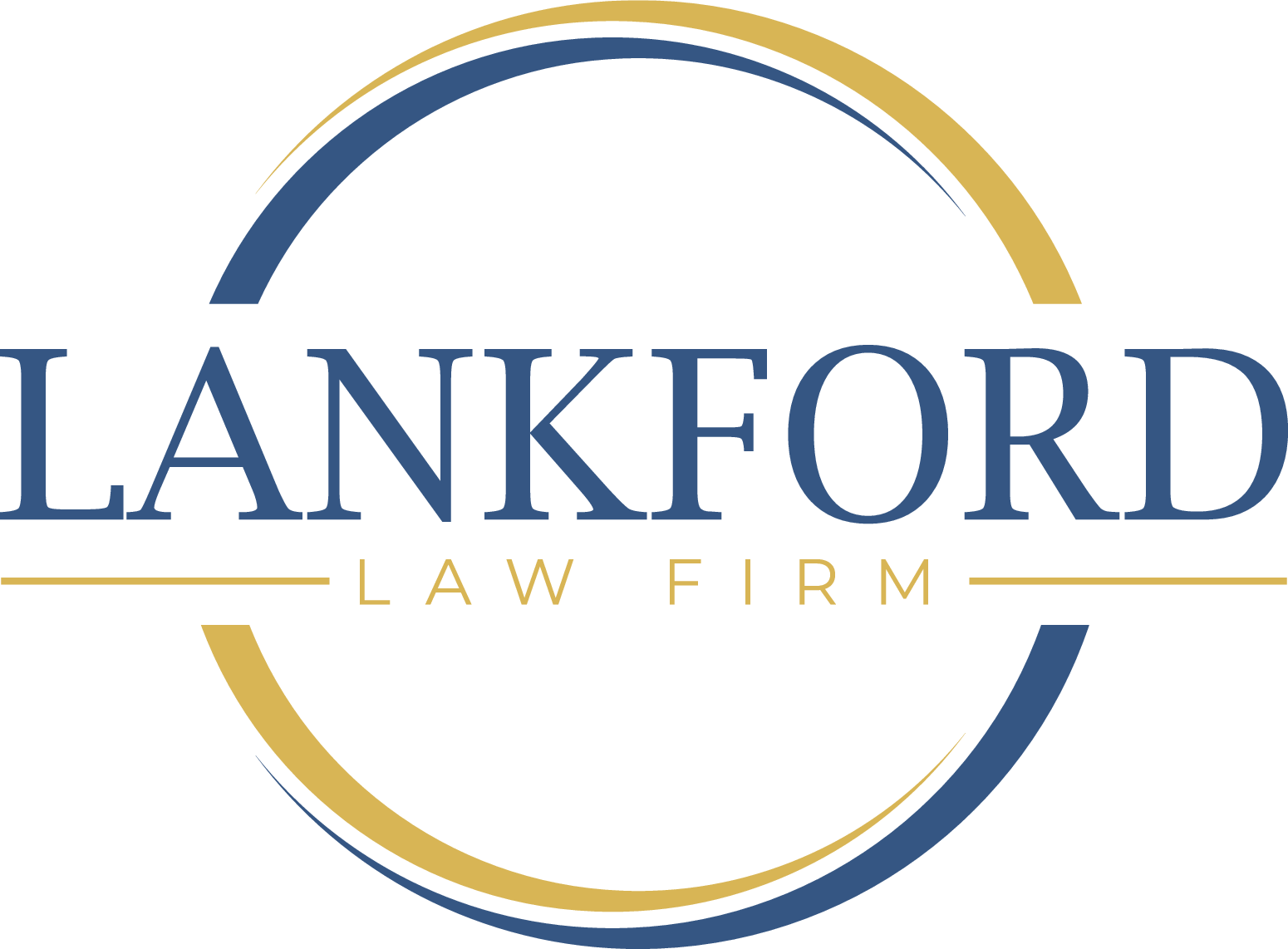If you are starting up a new business, or if you already own and operate your own business, your inventions, innovations, and creative ideas are key assets that require the maximum legal protection.
Every business has its own distinct intellectual property concerns.
While this will be a general introduction to patents, trademarks, and copyrights, every Florida business owner should consult an experienced Florida intellectual property lawyer regarding your own company’s intellectual properties and the best way to protect those properties.
Trademark, patent, and copyright registrations are issued by the federal government and protect different types of intellectual property.
A trademark protects the names, phrases, and graphic symbols that are used to identify the source of a product or service. That is, a trademark lets the buyer know that Coca-Cola isn’t Pepsi and that Rice Krispies aren’t Cheerios.
Trademarks include not only brand names such as “Coca-Cola” and “Ford” but also images and symbols such as Nike’s renowned “swoosh” mark and McDonald’s famous “golden arches.”
WHAT SHOULD YOU KNOW ABOUT TRADEMARK REGISTRATION?
A trademark needs to be a name, phrase, or graphic symbol that is absolutely distinctive. The trademark’s real worth is the identification it creates, so that a consumer can immediately recognize your distinctive product or service and distinguish it from others.
You can’t register as a trademark something that is vague or generic, and you can’t register a trademark that is indistinguishable from other trademarks currently in use.
The word “trademark” is commonly used for both trademarks and service marks. If you own a federally registered trademark, you can sue for trademark infringement if necessary and stop any importation of foreign products that use your trademark.
Patents and copyrights expire after a period of time, but trademarks never expire. Trademark rights are established by the actual and regular use of the trademark, so if a business continues to use the mark, it can last forever.
A trademark registration lasts as long as the trademark owner files the appropriate papers and routinely pays the fees.
Registration is not legally required for a trademark – a company establishes “common law” trademark rights simply by using the trademark. In some cases, even common law trademarks may offer protection under state and federal unfair competition statutes and other laws governing deceptive business practices.
Still, registering your company’s trademark with the U.S. Patent and Trademark Office (USPTO) is important for several reasons. Registration of your trademark gives you the exclusive legal rights to its use in all fifty states.
Wherever a company uses its trademark, it’s best to use it with the appropriate designation. Use the ® symbol after the mark if it has been registered with the U.S. Patent and Trademark Office.
If your company’s trademark is unregistered, you should still use “TM” for goods and “SM” for services to show that you are using the mark as a “common law” trademark or service mark. However, simply using a name as a business name does not necessarily qualify as trademark use.
The Madrid Protocol is an international treaty that offers legal protection for a trademark in several dozen nations.
The advantage to trademark owners of the Madrid Protocol is that you file one application to one office, in one language, and pay one set of fees.
A top Florida business lawyer can help business owners acquire international copyright protection through the Madrid Protocol.
You’ll want to register your trademark first in the United States and then in the other nations where you do business or intend to do business.
WHAT SHOULD YOU KNOW ABOUT PATENT REGISTRATION?
Patents are approved by the USPTO. Manufactured articles, chemical compositions, and industrial processes may be patented.
A “patent” can be defined as a temporary property right to an invention. The amount of time that protection is provided depends on the type of patent.
For design patent applications filed on or after May 13, 2015, a patent offers fifteen years of protection. Utility patents and plant patents usually offer legal protection for twenty years from the filing date. Patent extensions are sometimes available.
To obtain patent protection through the USPTO, technical information about the invention or the process must be fully disclosed in the patent application.
If your own business needs patent protection for a particular invention or process, a Florida business lawyer can explain more about the details and can also help you complete and file the extensive paperwork.
Due to the disclosure requirement, you may have good motives for keeping some of your trade secrets unpatented. Coca-Cola, for example, has successfully kept secret the list of ingredients that gives that product its unique flavor and taste.
If they patented the formula and ingredients, everyone would learn, and some would copy, Coca-Cola’s secret recipe.
A skilled business attorney can offer you some effective suggestions for protecting intellectual properties you may choose to keep unpatented, such as requiring employees to sign confidentiality agreements.
WHAT SHOULD YOU KNOW ABOUT COPYRIGHTS?
Copyrights protect creative, original works including but not limited to novels, music, poetry, movies, paintings, photographs, song lyrics, choreography, computer software, and architectural drawings.
If you own a registered copyright, you control how the work is published or reproduced and how it is distributed. You can take legal action against infringers and stop the importation of infringing items.
The amount of time that a copyright protects a creative work hinges on several factors. A copyright for work by a single individual protects that work for the life of the creator plus an additional 70 years.
For a creative work created anonymously, pseudonymously, or for hire, copyright protection is good for 95 years from the publication date or for 120 years from the date of the work’s creation – whichever length of time is shorter.
The registration of trademarks, patents, and copyrights is a laborious and complicated task filled with paperwork and red tape, but the cost and effort you invest in trademarks, patents, and copyrights can be well worth it compared to the cost of the damage if you have no legal safeguards for your company’s intellectual properties.
To acquire the protection you need for your own business, or if you simply wish to learn more about patents, trademarks, copyrights, and intellectual property protection, an experienced Central Florida based business lawyer will be glad to arrange a consultation.


 Call Us Now
Call Us Now Email Us Now
Email Us Now


